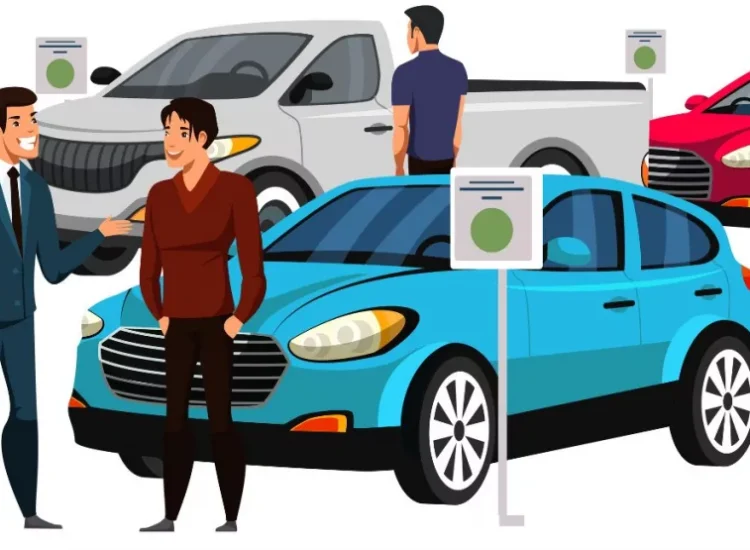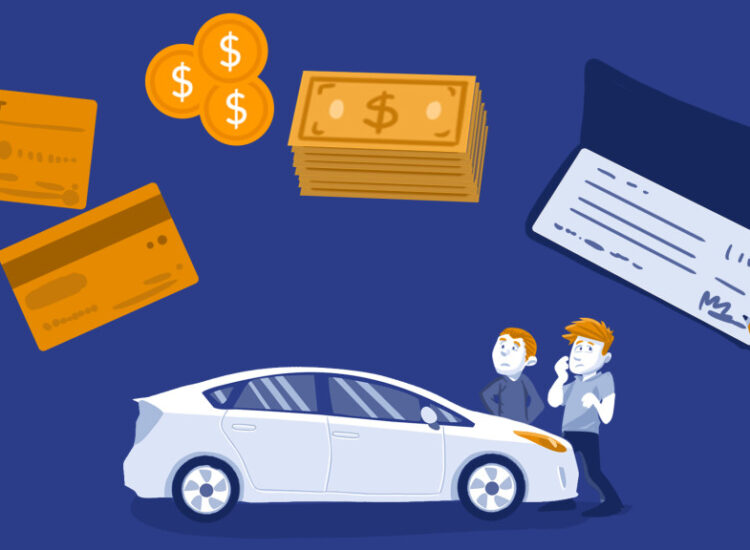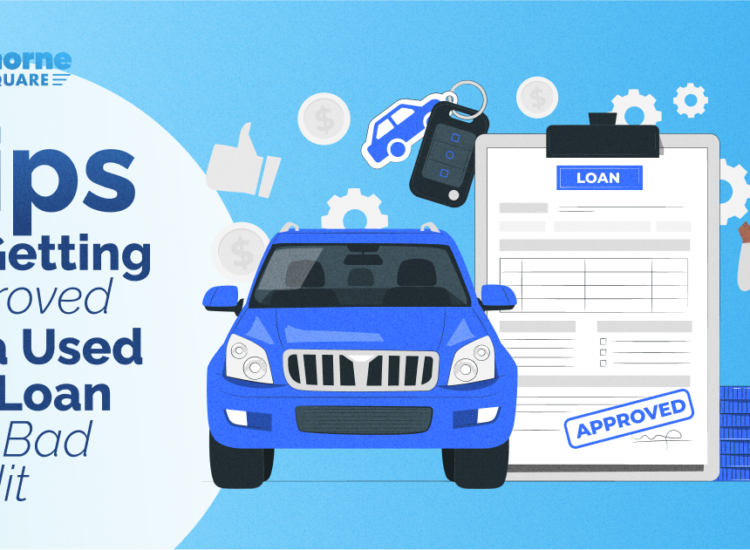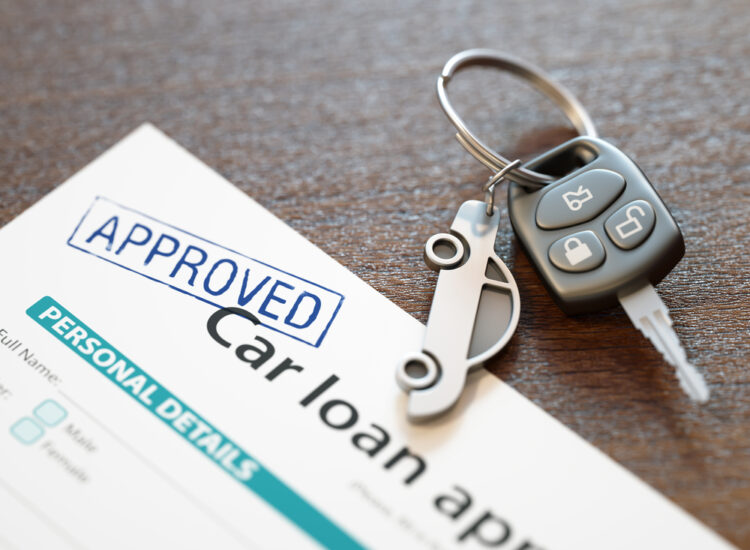Purchasing a vehicle is a significant financial decision that typically involves securing financing through an auto loan. While traditional banks and dealership financing are common options, many savvy consumers turn to an alternative lender known for its member-focused approach and potential financial advantages: the credit union. Obtaining an auto loan credit union is a popular choice for individuals seeking competitive rates, personalized service, and a lending experience centered on member benefit rather than profit maximization. A credit union auto loan, also frequently referred to as a credit union car loan or credit union vehicle loan, represents financing provided by a not-for-profit cooperative owned by its members. Understanding the unique structure of a credit union, the eligibility requirements for membership, the process of securing an auto loan credit union, and the potential credit union benefits auto loan borrowers can enjoy is crucial for anyone exploring this avenue for their car financing needs. This comprehensive guide will delve into the specifics of an auto loan credit union, explaining what differentiates it from other lenders, detailing the path to membership and eligibility, outlining the application and approval process for a credit union auto loan, discussing factors influencing credit union auto rates, and highlighting why choosing a credit union for car loan needs can be a financially beneficial decision for its member auto loan borrowers.
Toc
Exploring the Auto Loan Credit Union Advantage

When considering where to get auto loan credit union financing, understanding the fundamental nature of credit unions is the first step. This understanding illuminates the potential advantages they offer compared to other types of financial institutions. The choice to pursue a credit union auto loan is often driven by the desire for a different kind of lending relationship.
What Sets an Auto Loan Credit Union Apart? Understanding the Credit Union Model
The defining characteristic of an auto loan credit union is that it is a loan product offered by a credit union, which is a not-for-profit financial cooperative owned by its members. This stands in contrast to banks, which are typically for-profit institutions owned by shareholders. This fundamental difference in ownership and purpose significantly influences how credit unions operate and the types of benefits they strive to provide to their members, including those seeking auto loans.
Because a credit union is owned by its members, its primary mission is to serve the financial needs of those members, not to generate profits for external shareholders. Any earnings generated by the credit union are typically returned to the members in the form of lower loan interest rates (credit union auto rates), higher savings interest rates, and fewer fees compared to banks. This member-focused approach means that a credit union auto loan is designed with the member’s financial well-being in mind, rather than focusing on maximizing the return on investment for shareholders. This core distinction in the business model is the foundation of the auto loan credit union advantage and a key reason why individuals might choose to get auto loan credit union financing. It implies a lending relationship where the borrower is also an owner, aligning the institution’s goals with the member’s financial interests, particularly in areas like car financing.
Eligibility: The Path to Getting an Auto Loan Credit Union Through Membership

A crucial step in obtaining an auto loan credit union is becoming an eligible member of the credit union. Unlike banks, which are generally open to anyone, credit unions serve a specific field of membership. You must qualify for and join the credit union before you can apply for auto loan credit union financing or any other lending product.
The field of membership for credit unions can vary widely. It is often based on factors such as:
- Employer: Employees of a specific company or organization.
- Location: Individuals who live, work, worship, or attend school in a particular geographical area (e.g., a specific county or city).
- Association or Group: Members of certain associations, unions, religious groups, or other organizations (like military affiliations, as with Navy Federal or PenFed).
- Family Relationship: Family members (spouses, children, parents, siblings, etc.) of an existing credit union member.
To become a credit union member, you typically need to meet the specific eligibility criteria of that credit union and open a savings account with a small minimum deposit (often as little as $5 or $25). Once you are a member, you gain access to all the credit union’s financial products and services, including the ability to get auto loan credit union financing. In many cases, once you join a credit union and become a member auto loan borrower, your membership is for life, even if your initial eligibility factor (like employer or residence) changes. Understanding and meeting the membership requirements is the essential first step for anyone interested in the auto loan credit union advantage.
Key Credit Union Benefits Auto Loan Borrowers Can Expect
Choosing a credit union for your car financing needs can offer several distinct credit union benefits auto loan borrowers often find attractive compared to other lenders. These advantages stem directly from the credit union’s member-owned, not-for-profit structure.
One of the most frequently cited credit union benefits auto loan borrowers enjoy is access to potentially lower interest rates. Because credit unions are not focused on maximizing profits for shareholders, they can often pass savings back to their members in the form of more competitive credit union auto rates. This means you might find a low interest credit union auto loan compared to rates offered by traditional banks for the same loan term and credit profile. Lower credit union auto rates translate directly into less interest paid over the life of the loan and a lower overall total loan cost. Comparing credit union auto rates from various institutions you might be eligible for is a key strategy for securing the best credit union auto rates.
Another significant credit union benefits auto loan borrowers often appreciate is the personalized service and member-focused approach. Credit unions often pride themselves on knowing their members and providing a more personalized lending experience than larger, national banks. This can manifest in more flexible terms on occasion or a more helpful and accessible customer service experience throughout the credit union loan process and the life of the loan. For many, the relationship-based approach is a valued credit union benefits auto loan.
5. https://sanduocpham.com.vn/mmoga-exploring-vehicle-financing-getting-an-auto-loan-with-capital-one/
Furthermore, credit unions often offer favorable fees or fewer fees compared to banks. This can apply to application fees, late fees, or other service charges associated with an auto loan credit union. While not always guaranteed, the overall cost structure of a credit union auto loan is often designed to benefit the member auto loan borrower. These combined financial and service advantages are key reasons why individuals seek to get auto loan credit union financing.

Securing a credit union auto loan involves understanding the application process and the specific types of vehicle financing they offer. While the core steps are similar to obtaining a loan elsewhere, the emphasis on membership and member service is unique to the credit union loan process.
Getting Started: How to Apply for Auto Loan Credit Union Financing
The process to apply for auto loan credit union financing begins after you have confirmed your eligibility and joined the credit union. Once you are a credit union member, you can start the loan application process.
The first step is often to get credit union pre-approval for your auto loan. Applying for pre-approval with the credit union involves providing them with financial and personal information so they can assess your creditworthiness and estimate the loan amount you qualify for and the potential credit union auto rates you might receive. Getting credit union pre-approval is highly recommended as it allows you to shop for a vehicle knowing your financing is largely secured and provides a benchmark for credit union auto rates and terms. This step is usually done online, by phone, or in person at a branch.
Once you are ready to formally apply for auto loan credit union financing for a specific vehicle (whether you have pre-approval or not), you will complete the full credit union loan application. This involves providing more detailed information and allows the credit union to make a final lending decision. You will likely need to provide proof of income, employment details, and information about the specific vehicle you intend to purchase (or refinance). The application process typically involves a hard inquiry on your credit report. You can usually apply for auto loan credit union financing conveniently through the credit union’s online banking portal, by calling their loan department, or by visiting a local branch.
Credit Union Auto Rates: What Influences Your Percentage and Why They Can Be Competitive
The credit union auto rates you are offered on your credit union auto loan are determined by several factors, similar to other lenders, but often within the context of the credit union’s commitment to providing competitive pricing to its members. Understanding these factors helps you anticipate the credit union auto rates you might receive and work towards qualifying for the best credit union auto rates.
Key factors influencing your credit union auto rates include:
- Credit Score and History: Your creditworthiness is the most significant factor. Members with higher credit scores demonstrate a lower lending risk and qualify for the lowest credit union auto rates.
- Loan Term: The length of the repayment period impacts the rate. Longer loan terms generally have slightly higher credit union auto rates than shorter terms.
- Loan Amount: The size of the credit union auto loan can sometimes influence the rate.
- Down Payment: A larger down payment reduces the loan amount and the credit union’s risk, potentially helping you secure a lower credit union auto rate.
- Vehicle Type (New vs. Used): Credit union auto rates for new cars are typically lower than rates for used cars due to perceived lower risk.
- Vehicle Specifics (Used Cars): For used cars, age and mileage can influence the credit union auto rates and available loan terms.
- Market Conditions: Prevailing interest rates in the broader economy affect the general range of credit union auto rates available at any given time, though credit unions often aim to offer rates below the market average for members.

While these factors are standard, the credit union model’s emphasis on member value often means that the rates offered, particularly to members with good credit, can be some of the most competitive available, providing a low interest credit union auto loan option for eligible borrowers.
Beyond the Standard Loan: Credit Union Auto Refinance and Other Options
Beyond financing new or used vehicle purchases, a credit union auto loan offering often includes other valuable options for car financing. One significant option is credit union auto refinance.
Credit union auto refinance allows members who currently have an auto loan with another lender (or even an existing credit union auto loan with less favorable terms) to apply for a new auto loan with their credit union to pay off the existing loan. The goal is often to secure a lower interest rate, which reduces the total interest paid and the overall total loan cost, or to lower the monthly payment by extending the loan term. If a member’s credit has improved since their original loan or if current credit union auto rates for refinancing are lower, credit union auto refinance can be a financially beneficial move. The process involves submitting a new credit union loan application specifically for refinancing.
Many credit unions also offer flexible financing options for private party vehicle sales, allowing members to purchase a vehicle directly from an individual seller with their credit union auto loan. This provides members with more choices when car buying. Furthermore, some credit unions offer financing for motorcycles, RVs, boats, or even classic cars, expanding the types of vehicle loans available to their members. These additional options beyond a standard new or used car loan through a dealership demonstrate the breadth of car financing solutions a credit union auto loan can provide.
Choosing a Credit Union for Car Loan Needs: Comparison and Long-Term Relationship
Deciding to pursue a credit union for car loan needs involves comparing their offerings against other lenders and recognizing the value of a potential long-term relationship with the institution. Choosing a credit union for car loan financing can be a strategic decision for a member auto loan.
Finding the Best Credit Union Auto Rates: How to Compare and Shop Around
To secure the best credit union auto rates available to you, effective comparison shopping is essential. While credit unions often offer competitive rates, rates can vary between different credit unions, and you should also compare them against offers from banks and other lenders.
- Identify Eligible Credit Unions: Start by determining which credit unions you are eligible to join based on your employer, location, associations, or family connections.
- Get Pre-Approved from Multiple Sources: Apply for pre-approval from 2-3 credit unions you are eligible for, as well as a bank or online lender within a short timeframe (to minimize credit score impact). This provides actual offers, including the credit union auto rates you qualify for.
- Compare APRs, Not Just Interest Rates: Always compare the Annual Percentage Rate (APR), as it includes certain fees and provides a more accurate picture of the total credit union auto rates. Use an auto loan calculator to model different offers based on their APR, loan term, and loan amount to see the monthly payment, total interest, and total loan cost.
- Look at Fees and Terms: Beyond credit union auto rates, compare any associated fees (application, origination) and review the full loan terms, including prepayment penalties (though these are rare on auto loans) and late fees.
- Negotiate: With competitive pre-approval offers in hand, including those from credit unions, you can use them as leverage to negotiate with dealerships or other lenders to potentially secure an even better rate or terms. This competitive quoting process is key to finding the best credit union auto rates.
By diligently comparing offers and understanding the nuances of each, you increase your chances of securing a low interest credit union auto loan or the best overall car financing package for your needs.

Member Service and Support: The Experience with Your Credit Union Auto Loan
A significant non-rate-based advantage of an auto loan credit union is the member service experience. Credit unions often emphasize building relationships with their members and providing accessible, personalized support throughout the credit union loan process and the life of the loan.
When you have a credit union auto loan, you are a member-owner, not just a customer. This ownership structure can translate into a different level of service. Credit union customer service is often praised for being more personal, helpful, and understanding compared to the often more transactional nature of dealing with large banks. Credit union staff may be more familiar with individual members’ circumstances and more willing to work with members facing financial challenges.
Throughout the loan term of your credit union auto loan, you can typically access customer service through various channels, including online banking platforms, mobile apps, phone support, and local branches. This allows for easy management of your member auto loan account, making payments, accessing statements, and getting questions answered. The focus on member support is a key part of the value proposition of an auto loan credit union and contributes to a positive car financing experience.
Why Choose a Credit Union for Car Loan Over Other Lenders?
The decision to choose a credit union for car loan needs ultimately comes down to the unique advantages they offer their eligible members. While other lenders provide auto loans, credit unions operate with a distinct philosophy that can translate into tangible benefits for borrowers.
Choosing a credit union for car loan financing often means prioritizing competitive costs, a member-focused relationship, and tailored options. The potential for lower credit union auto rates and fewer fees directly impacts the affordability and total loan cost of your car financing. The emphasis on member customer service can provide a more supportive and understanding borrowing experience. Furthermore, specific product offerings, such as financing for private party sales or a willingness to work with members on various vehicle types, can provide flexibility that other lenders may not offer.
While it requires meeting membership eligibility requirements, for those who qualify, a credit union for car loan needs can represent a smart financial decision, offering potentially better terms and a more member-centric relationship than may be found elsewhere. It’s about aligning your car financing needs with an institution structured to benefit its members.
In conclusion, an auto loan credit union is a financing option from a member-owned, not-for-profit cooperative, offering potential advantages over traditional lenders. Understanding what defines a credit union auto loan involves recognizing its member-focused structure and the eligibility requirements to become a credit union member. Key credit union benefits auto loan borrowers can expect include potentially competitive credit union auto rates, often resulting in a low interest credit union auto loan, favorable fees, and dedicated member customer service. The process to apply for auto loan credit union financing involves joining the credit union, potentially getting credit union pre-approval, and completing the credit union loan application. Factors influencing credit union auto rates are similar to other lenders but framed within the credit union’s competitive pricing for members. Options like credit union auto refinance and private party financing expand the car financing solutions. Choosing a credit union for car loan needs is a strategic decision for a member auto loan, often providing better terms and a more supportive relationship throughout the credit union loan process and the loan term compared to other lender auto loan options. It’s about accessing financing designed to benefit the member.















